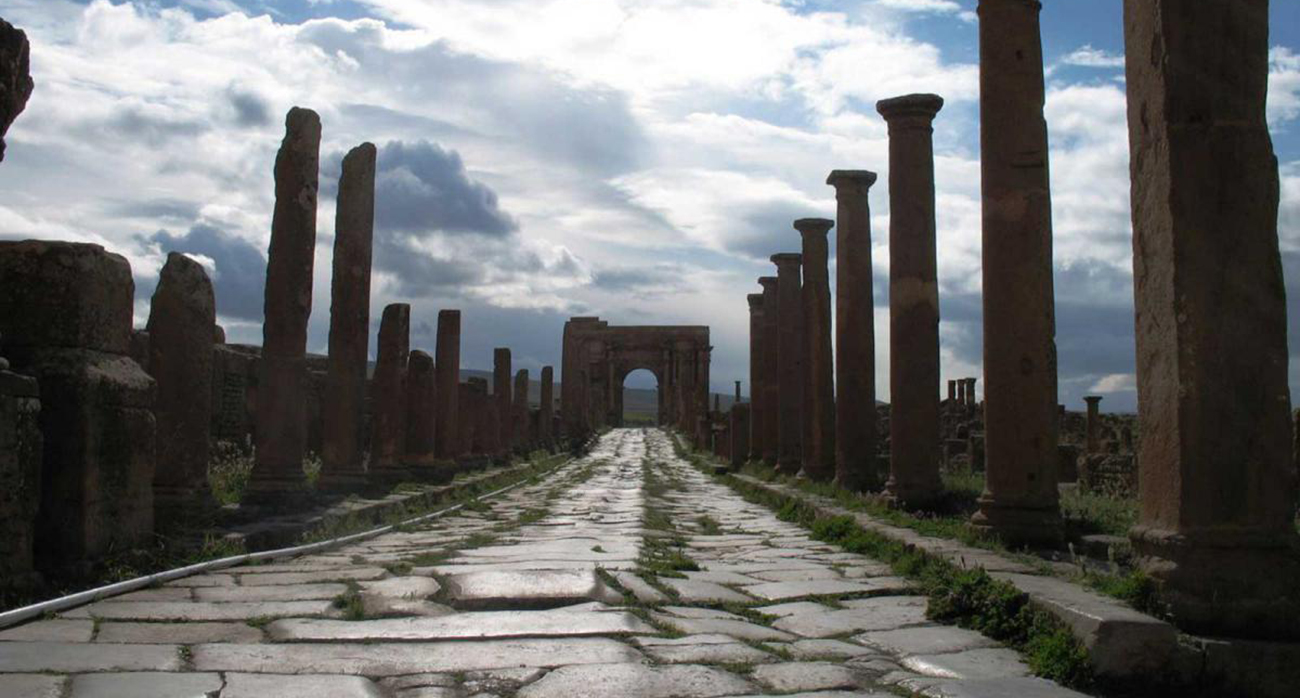Seneca: De Clementia (“On Mercy”)
Introduction: Lucius Annaeus Seneca (c. 4 B.C. - 65 A.D.), sometimes known as Seneca the Younger, was born in Corduba in Spain, but came to Rome as a very young child and resided there with his father, Seneca the Elder (54 B.C. - 39 A.D.), a well-known writer and orator. In 41 A.D. he was exiled to Corsica by the Emperor Claudius, because of an alleged affair he had with Claudius' niece, Julia Livilla, but in 49 he was allowed to return to Rome at the instigation of Claudius'...


